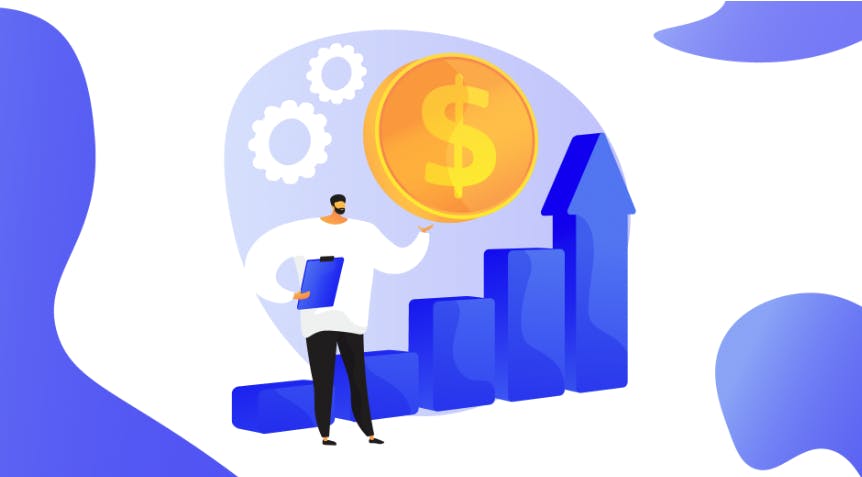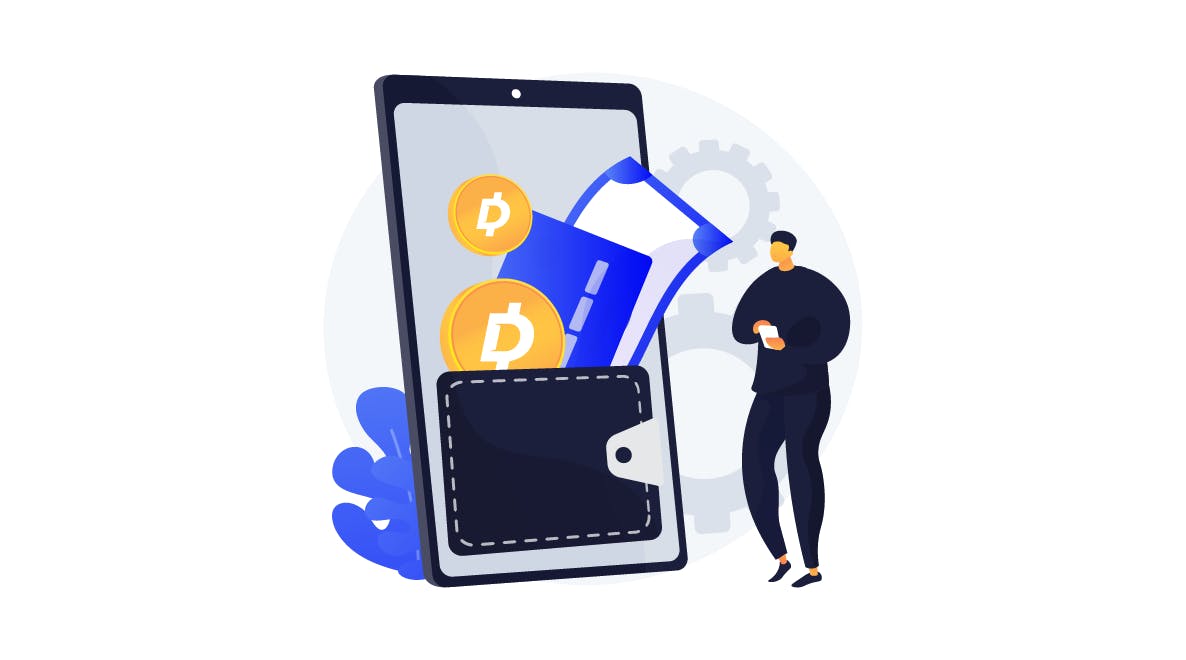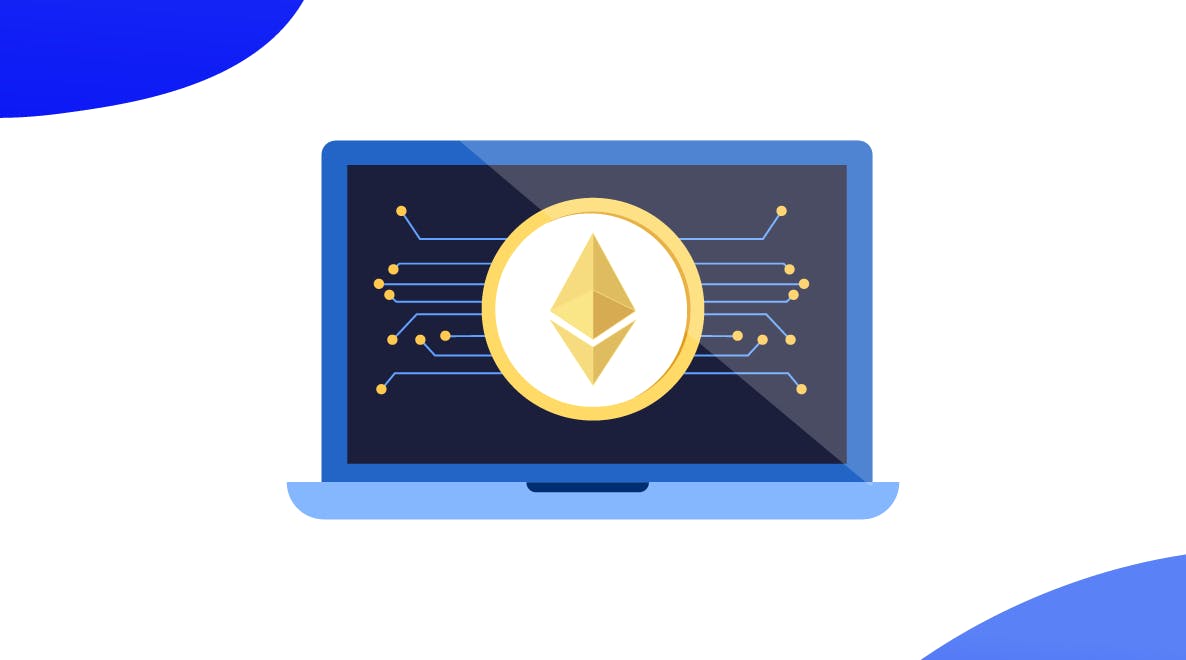The recent surge in cryptocurrency has touched many parts of Asia and some countries are showing interest in creating national digital currencies. The People's Bank of China is close to issuing its own cryptocurrency. North Korea has followed the lead by declaring its readiness to launch national crypto.
Suffocated by countless political and financial embargos, the nation is trying to adopt various policies to boost its economy. Issuing a North Korean digital coin might be an attempt to circumvent such sanctions and even manufacture deadly weapons. Alejandro Cao de Benos, a high-level official of the Democratic People's Republic of Korea, has revealed that the country is now really interested in creating its own cryptocurrency and has adequate manpower and expertise to proceed with the plan.
Their currency experts are studying various digital coins in order to decide which of those the value of the proposed cryptocurrency should be linked to. He also said that the new currency will be like traditional ones and there is no plan to back it by North Korean won.
North Korea has already opened its door for crypto traders. On Sept 10, Cao de Benos tweeted that citizens are allowed to own digital coins and local developers “are designing crypto wallets and apps at this moment.” Several countries have come forward to help North Korea in the technical aspects of the crypto plan. Some offshore companies have signed contracts with the DPRK authorities for the development of the system for healthcare, education and finance sectors. Although the announcement regarding the introduction of crypto came from a personal level, there is no official statement yet.
Is there any real need to launch national cryptocurrency?
According to Kayla Izenman, a financial crime and security expert, North Korea has required expertise and resources to issue a cryptocurrency. However, critics are digging out ill motives from the country’s digital coin project. Most of those are related to speculation, counter international sanctions, and financing weapons of mass destruction.
Cao de Benos confessed himself that Pyongyang needs digital assets to bypass US sanctions. Without an alternative currency, DPRK will not be able to escape from the international financial system dependency. To make the ground of crypto plan more solid in front of the international community, Benos noted the advantages of cryptocurrencies- transaction speed and cost-effectiveness. Finance experts believe that Pyongyang is going for digital money because crypto transactions are difficult to trace and free from most government regulations.
Also, it is very easy to launder such currencies. These features will likely allow DPRK to trade with many countries around the globe. Although evading international sanctions is the main factor behind the country’s crypto initiative, some cryptocurrency experts think that the benefits of such a plan extend far beyond bypassing conventional payment systems. In addition, North Korea may find several countries including Iran, Russia, and Venezuela watching its back who are also exploring national crypto to evade US embargos.
Raising foreign capital
Being a low GDP country ($28 billion compared to $1.54 billion of South Korea), North Korea has been exploring various ways to raise foreign capital. Cryptocurrencies will surely bring momentum to their endeavour. According to different media, DPRK uses several techniques to collect crypto. Mining farms, masternodes, cryptojacking and participation in new, promising projects are a few among those.
The country allowed mining in 2017, which coincided with the rise of the currency. Steven Kim, a researcher from South Korea claimed that the DPRK will figure out if there are any means to exploit cryptocurrencies for financial gain and move aggressively to make the most out of it. North Korean hackers are showing desperate attitudes in hacking into the mining of Bitcoins and steal that money because the price has been rising steeply. Bitcoin is also easy to cash out on the market because of its liquidity.
Ambitious for deadly weapons?
Another sensitive question is North Korea’s suspected activity for nuclear weapon financing. The country spends a considerable portion of its national budget on military programs. The new structure established after 1970 aimed at collecting foreign money for DPRK authorities. According to a report prepared in 2007 for the U.S. Congress, such initiatives made North Korea $5 billion.
Another report of the United Nations Security Council indicated that the country stole about $2 billion by hacking bank accounts and crypto exchanges of 17 countries. Although DPRK leasers repeatedly denied any illegal activities, it is strongly claimed by the US and South Korea that there are around 5000 cyber specialists appointed by the government for conducting cyber-attack, cryptojacking, and other fund-raising programs aimed at acquiring nuclear power and weapons of mass destruction.






